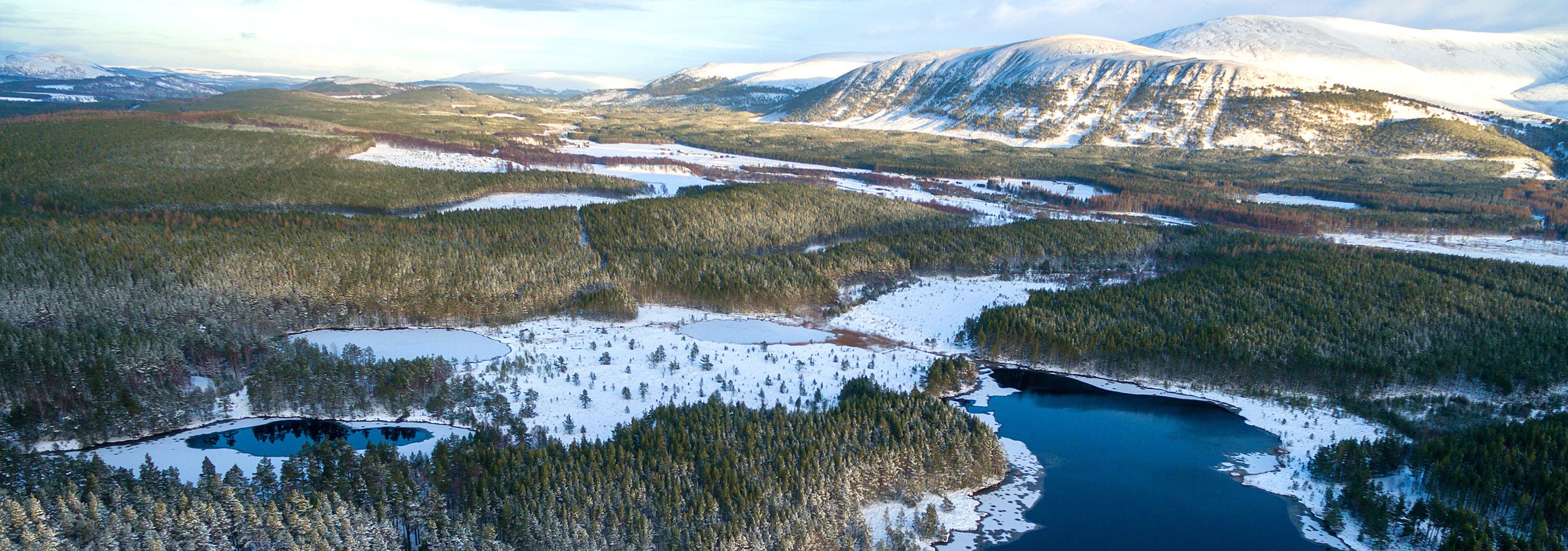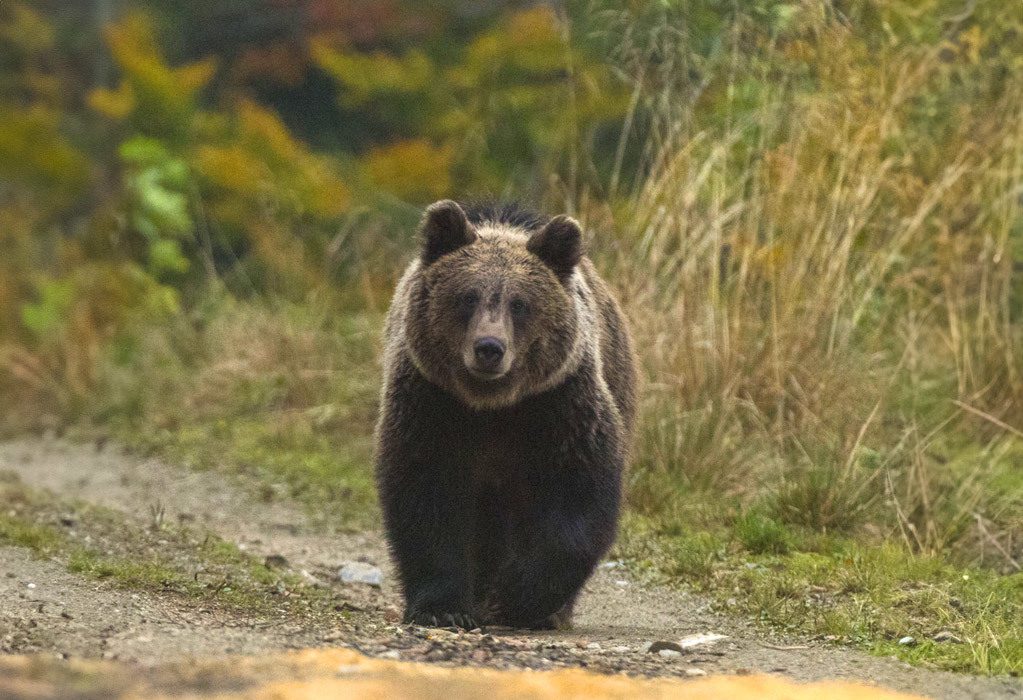
Endangered Landscapes & Seascapes Programme
Grant recipient Cambridge Conservation Initiative
Total awarded $138,800,000
Years 2016-2031
Funding area Conserving and restoring nature
Priority On-site conservation
Programme site https://www.endangeredlandscapes.org/
The Endangered Landscapes & Seascapes Programme, hosted by the Cambridge Conservation Initiative, awards grants for large-scale restoration projects across Europe’s land and seas.
Over many centuries, Europe’s landscapes and seascapes have become degraded. Ecosystems are fragmented, species have been lost, and the populations of birds, insects and mammals are greatly diminished. The programme supports projects that will restore extensive areas of terrestrial and marine habitat so that they are resilient and self-sustaining. Projects also aim to revive rural economies and provide inspiration for a shift in the policy and practice of nature conservation. The programme makes grants for planning as well as for full-scale restoration, and supports work to share knowledge and practical expertise in ecosystem regeneration.
Since it started in 2018 the programme has awarded 41 grants. The programme’s remit was expanded to include seascape restoration in 2023. The programme issues periodic calls for expressions of interest. Details and deadlines can be found on its website.
Project examples

A bear in the Făgăraș Mountains, Southern Carpathian mountain range. Courtesy of Daniel Rosengren, Endangered Landscapes and Seascapes Programme.
Restoring the Carpathians
The programme has awarded two grants focussing on the Carpathian mountain range in Romania. This includes a restoration grant in the Făgăraș Mountains in Southern Carpathia, led by Foundation Conservation Carpathia, working on an area of 200,000 ha, and a planning grant focusing on an area of 35,000 hectares of pristine old-growth forests in the South-Western Carpathians. Since its inception, the restoration project has purchased almost 21,000 ha of land for the establishment of a national park, restored monocultures and reintroduced bison and beavers. The planning grant will continue this work, restoring an area that is home to 90 strictly protected species, such as brown bear, grey wolf, Eurasian lynx and European bison.

An aerial over the Romanian part of the Danube Delta project area. Courtesy of Staffan Widstrand / Rewilding Europe.
Rewilding the Danube Delta
The Danube delta, which is divided between Romania and Ukraine, is Europe’s largest river delta wetland. Large-scale hydro-engineering work carried out in the twentieth century altered natural water flow and sedimentation patterns, leading to a loss of biodiversity and affecting fish stocks and water quality, which impacts on local communities. Funding from the programme has helped Rewilding Ukraine and the Izmail Department of Water Resources together with other local partners to restore the connectivity of floodplains in the Danube Delta. The latest stage of this work saw the Danube River and the giant Katlabuh Lake reconnected via the Staronekrasivski Wetlands. Enhancing natural processes such as natural water flow and enabling them to reshape the landscape is part of the overall rewilding vision for the delta.
The Endangered Landscapes & Seascapes Programme is one of our five nature grant programmes. Grant programmes are hosted by trusted partners. Our partners help us to determine where our support is most needed and distribute grants to individuals and organizations.
Top banner image: Cairngorms Connect – restoring 60,000 ha of contiguous land in the Scottish Highlands. Courtesy of James Shooter - scotlandbigpicture.com